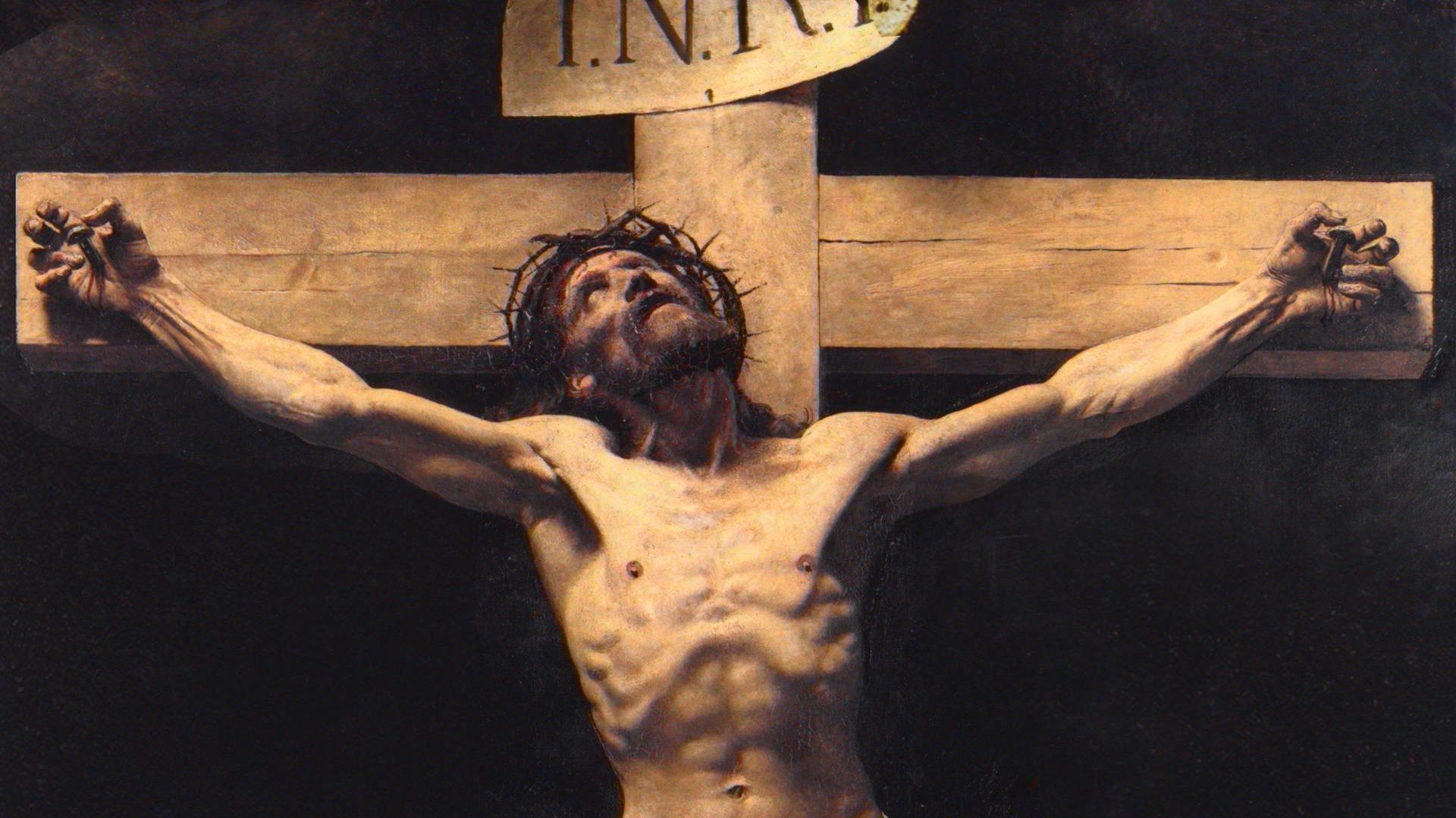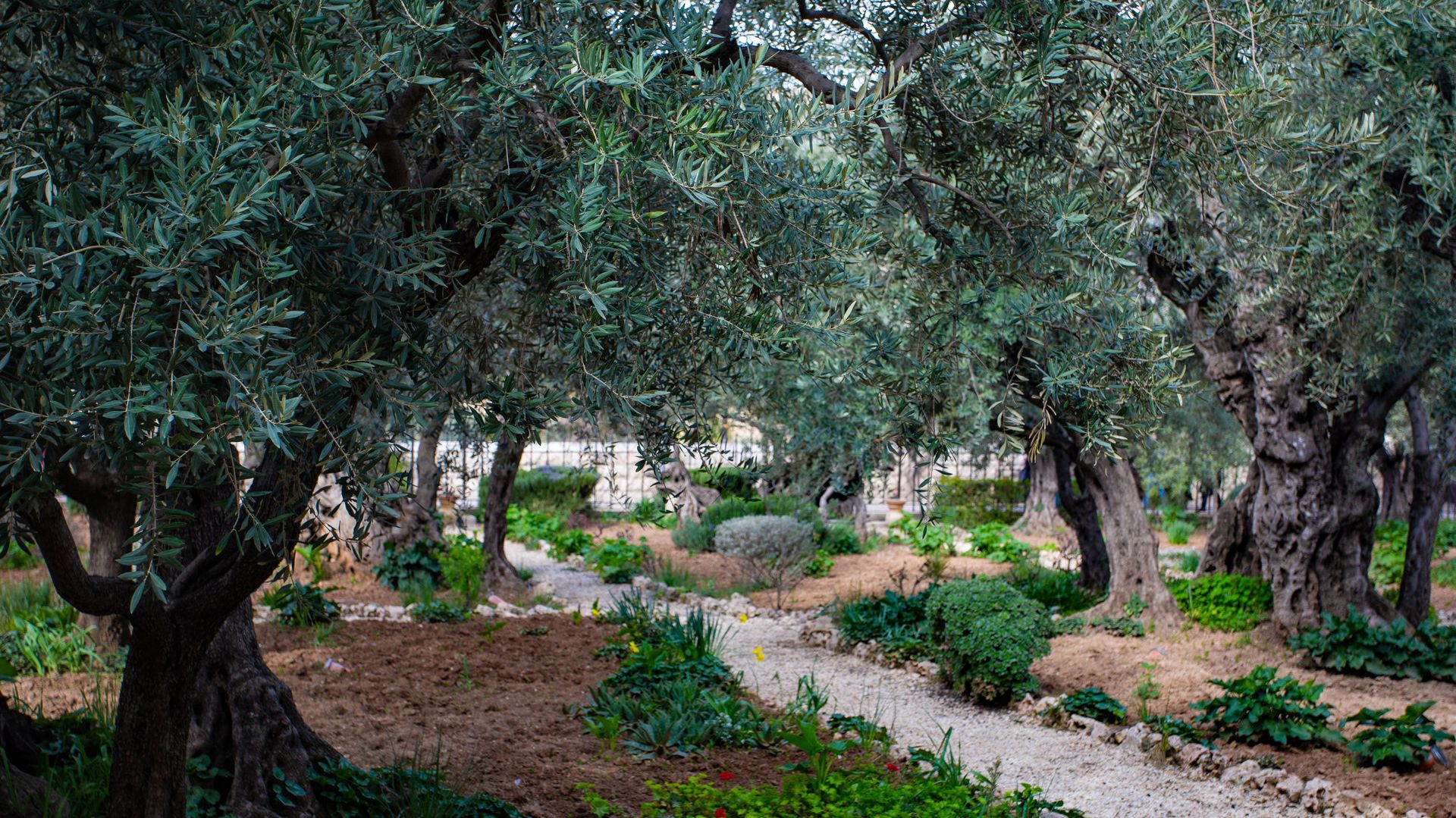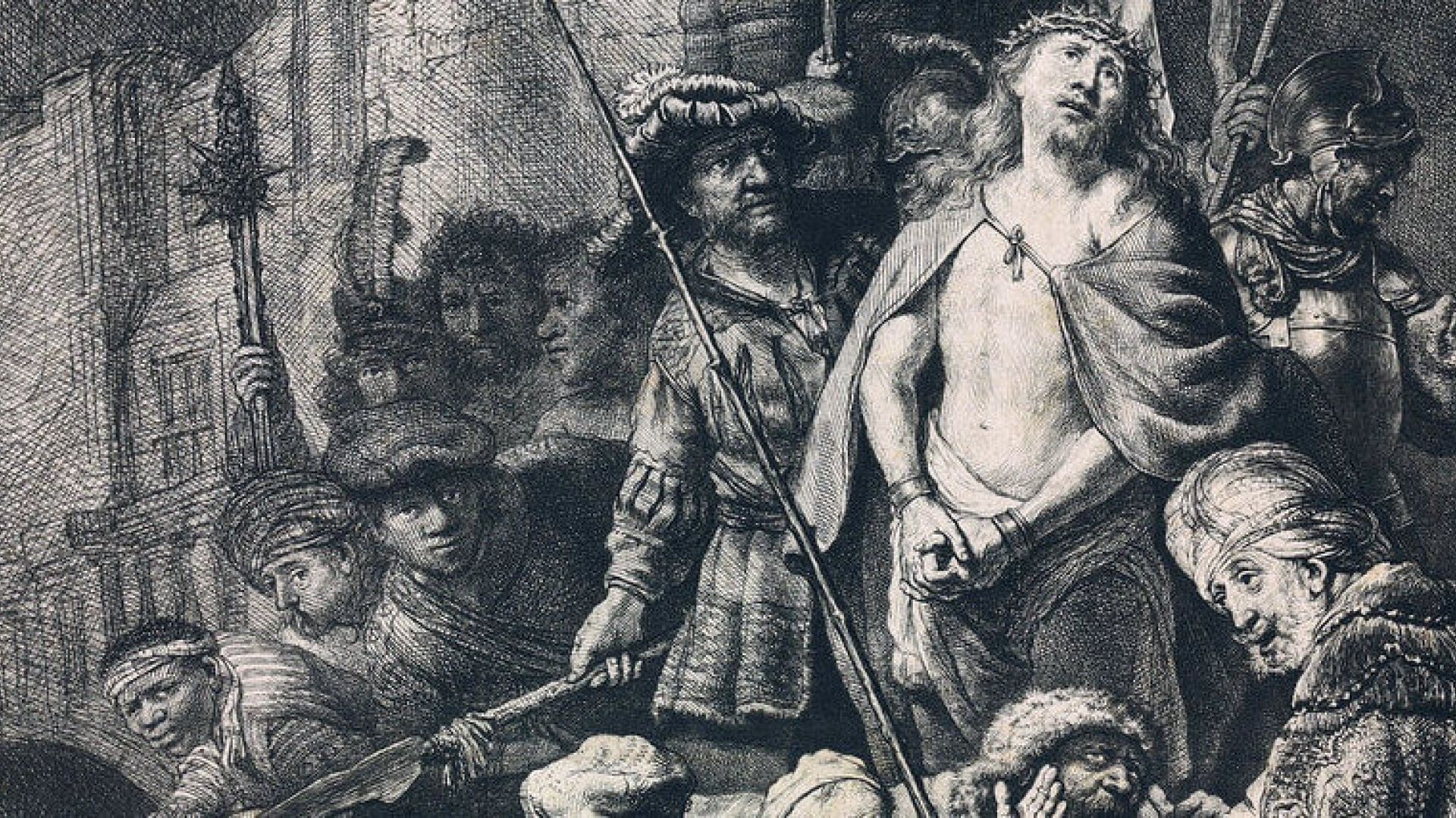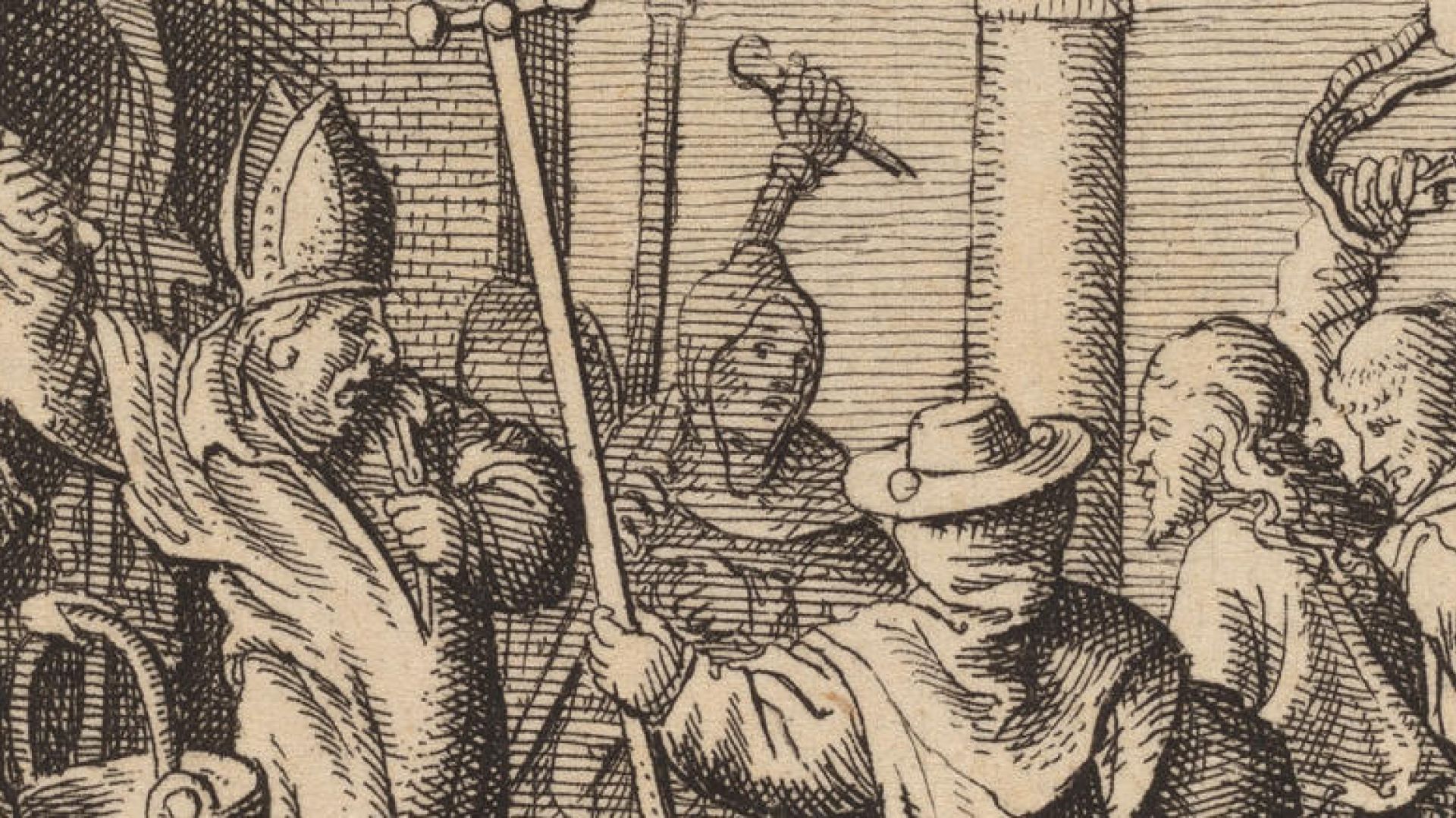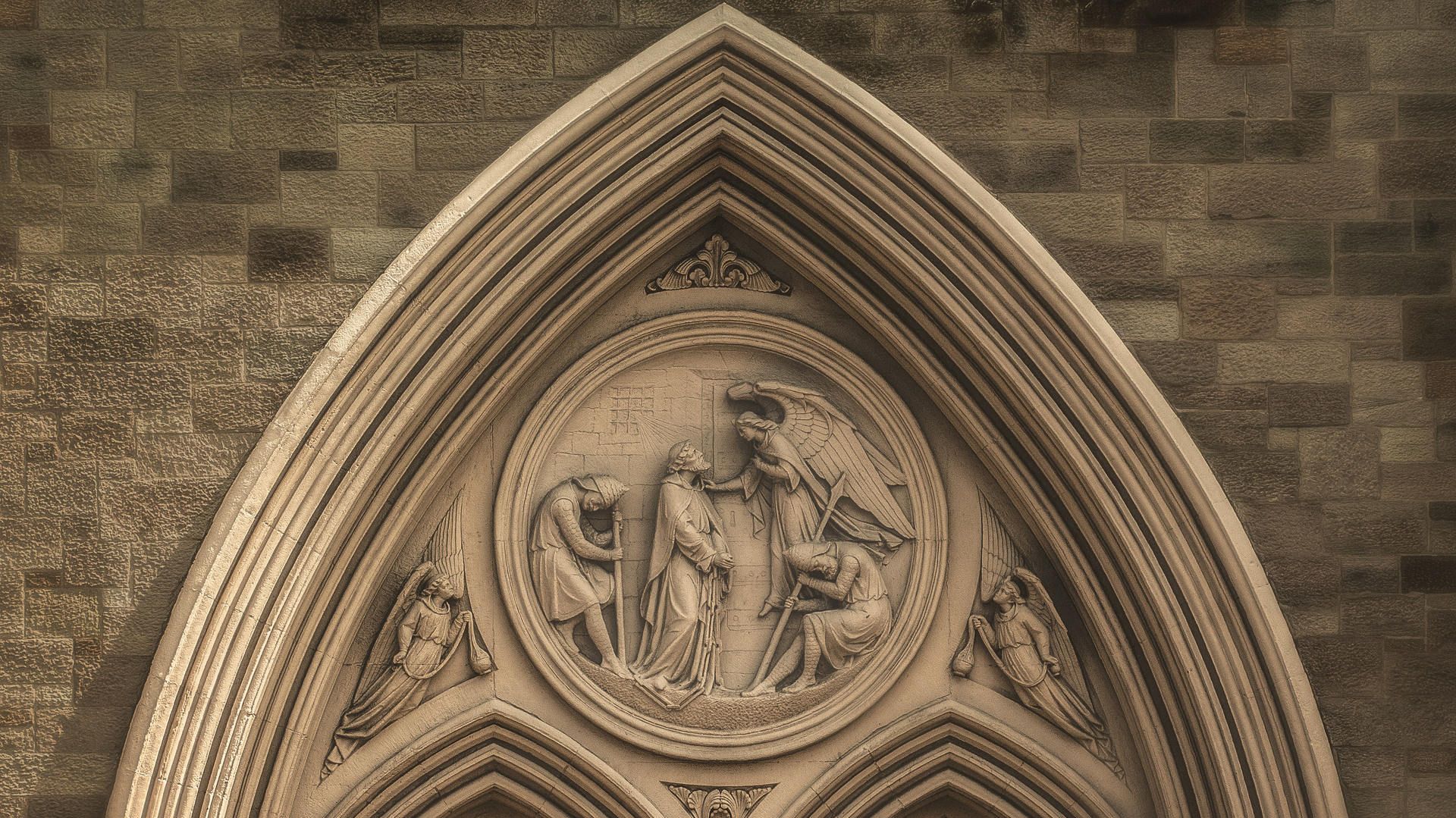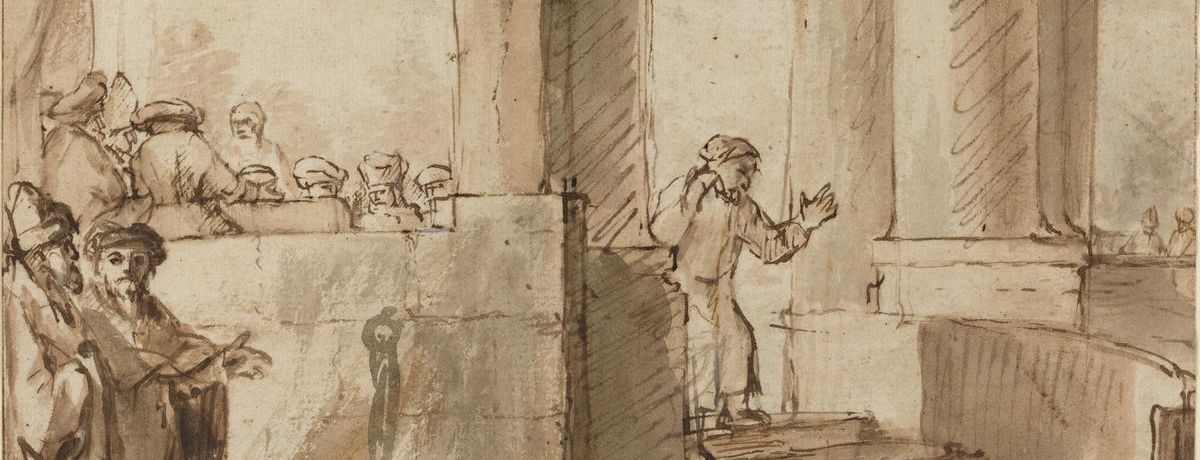
Judas' Death & His Betrayal Payment — From The Garden To The Cross Discussion
Welcome to another special edition of the Share Life podcast. This episode continues my special edition series, as part of the discovery process for my next book project, From The Garden to the Cross: How Jesus' Harrowing Mission Shows Us The Way Forward.
In this discussion episode, part 5, we're reflecting on the death of Judas after he returns the betrayal money. This event follows Peter's Denial of Jesus while Jesus is being interrogated by the religious leaders after Jesus is betrayed by Judas and arrested, and hours after Jesus' agonizing moment of prayer in the Garden of Gethsemane.

Life is Hard. Business is Challenging. The World is Uncertain.
Leaders, freelancers, and entrepreneurs: Get stories & systems, for navigating the challenges, in your inbox.
In this conversation, we jump into the passage about Judas returning the money to the religious leaders, the ending of his life, and his legacy. We'll read and discuss my harmonization of the story from the different accounts of Jesus' life with quotes from the New Living Translation of the Bible. Then, we'll explore the story through the following questions: What we can learn about Jesus, humanity, and ourselves from this monumental moment in time? How does this event apply to our lives today?
For those just now following along, Judas' death takes place after Judas betrayed Jesus in the Garden of Gethsemane with a kiss and after he was paid 30 pieces of silver for his actions.
Some of the highlights from our discussion include:
- How often we use Jesus as a pawn in our pursuit of power and control and the messiness of grace.
- The complexity of Judas and how often we emphasize the simplicity to villainize Judas and separate ourselves from the possibility of relating to or ending up like him.
- The tragedy of Judas' death and the many what-if scenarios may have led to a different result.
- The apathy of the religious leaders and the contrast between their vocalized aim and their real actions.
- How, before the resurrection, our sins, and failure to follow the moral law defined us, and how grace changed the dynamic.
- The contrast between paying for our own sins and allowing God to pay for them on our behalf through the cross.
Fellow Conversation Participants
In this episode, I'm joined by David, Ashley, and Talitha.
- Ashley Williams is a wife, a mother to four, pursuer of truth, avid reader, political enthusiast, and an elementary school teacher. Follow her on Twitter.
- David Cline is in relational-oriented supply chain leadership guiding businesses on how to remove operational friction while also growing supplier value. Visit David's website, For Influence, or connect with him on Linkedin or Twitter.
- Talitha Minton is a book-lover, writer, learner, creator, wife, and mother with an educational background in classical culture and religious studies. Connect with Talitha on Twitter.
I'm grateful for their participation in this episode and for helping to make the book better.
Listen to the Discussion
Click here to listen in on Anchor directly, or click play below to immediately begin streaming.
You can also find this discussion on Stitcher, Itunes, and wherever you listen to podcasts under the name, Share Life: Systems and Stories to Live Better & Work Smarter or Jason Scott Montoya.
Watch The Conversation
Click here to watch this discussion on Youtube directly, or click play below to begin streaming the video.
Click here to subscribe to my Youtube channel.
My Harmonized Account of Judas' Death Scene For Reference & Study — An Excerpt From The Book
Matthew 27:3-10 | Acts 1:18-19
Recognizing his betrayal of an innocent man condemned to death, Judas was overwhelmed with remorse for delivering Jesus to the religious leaders.
He decided to return the thirty silver coins paid to him for his treachery. In the presence of the leading priests and elders, Judas spoke.
“I have sinned, for I have betrayed an innocent man.”
Apathetically, they responded.
“What do we care? That’s your problem.”
Judas threw the silver coins into the temple and fled.
After picking up the silver, the high priests contemplated what to do about the coins.
“It would not be right to put this money in the Temple treasury, since it was payment for murder.”
After Judas departed the temple, he went to the field where he had initiated a land purchase. There, he hung himself, and after hanging for some period of time his body swelled up*, split opened, and his guts spilled out below.
The news of Judas’ death spread to all the people of Jerusalem and the parcel of land where he died came to be known as the Field of Blood.
The temple leaders decided to finish the land purchase transaction Judas began with the betrayal money and purchased this Potter’s field (also known as the field of blood where Judas died) as a cemetery for foreigners.
These events fulfilled Jeremiah’s prophecy from six hundred years before.
“They took the thirty pieces of silver— the price at which he was valued by the people of Israel, and purchased the potter’s field, as the Lord directed.”
* Prēnēs = to swell up
Hero Photo: Judas Leaving the High Priest by an unknown artist courtesy of the National Gallery of Art


